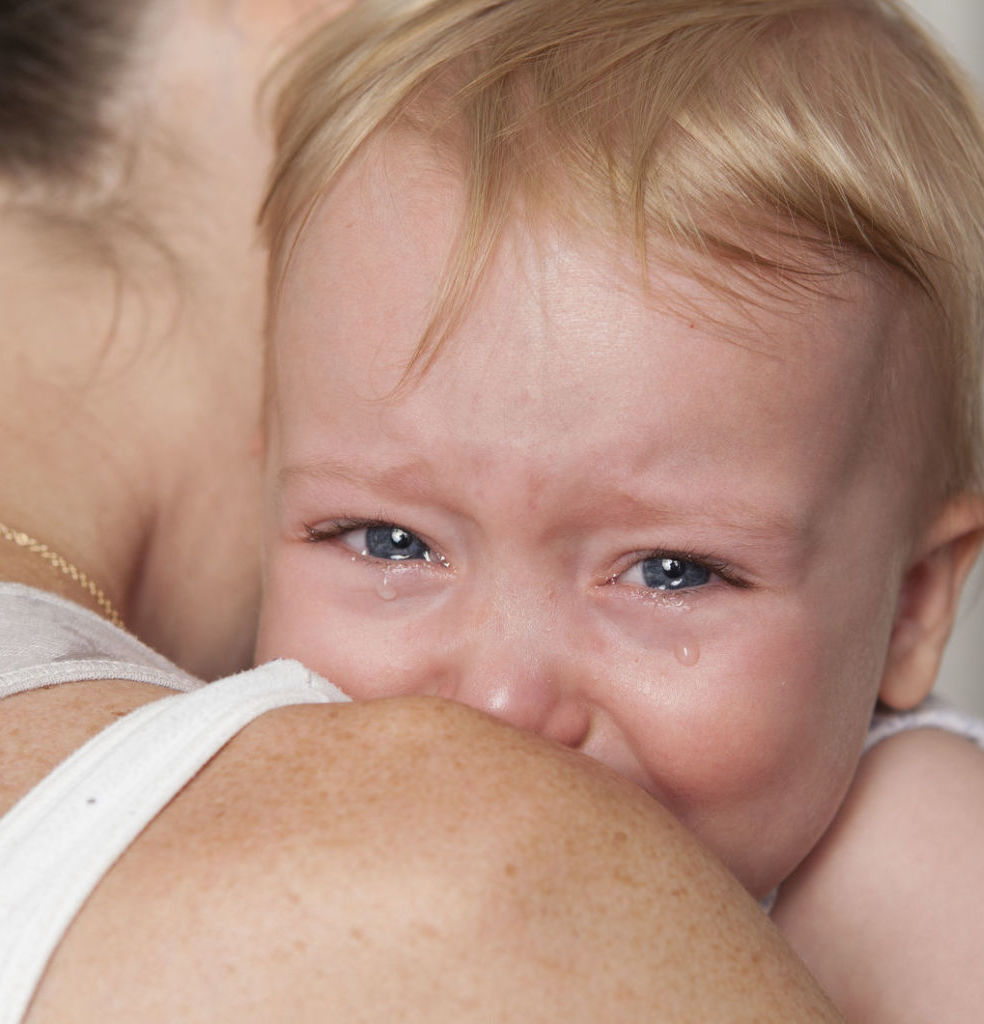Babies in Britain, Canada and Italy cry more than elsewhere – study
Babies cry more in Britain, Canada, Italy and Netherlands than in other countries, while newborns in Denmark, Germany and Japan cry and fuss the least, researchers said on Monday. In research looking at how much babies around the world cry in their first three months, psychologists from Britain have created the first universal charts for normal amounts of crying during that period. On average, the study found, babies cry for around two hours a day in the first two weeks. They then cry a little more in the following few weeks until they peak at around two hours 15 minutes a day at six weeks.
We may learn more from looking at cultures where there is less crying and whether this may be due to parenting or other factors relating to pregnancy experiences or genetics.
Dieter Wolker, who led the study
The paper speculates that reasons for differences between countries could range from levels of social inequality through to caregiving styles, maternal soothing techniques and patterns of feeding. The authors of the study, which is published in the Journal of Pediatrics, say German and Danish parents are more relaxed about their babies and are more likely to wait a minute or two after crying starts before picking them up. British parents, however, spend less time holding their infants overall, but are quicker to snatch them up when they show signs of distress, possibly entrenching their propensity to sound off. Bottle or mixed feeding was associated with reduced duration of colic from three to four weeks of age onward. Research published last month found almost three-quarters of women in England started breastfeeding after giving birth but less than half were still doing so two months later. The study also included Australia, the Netherlands and the US.

Science